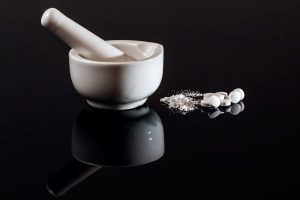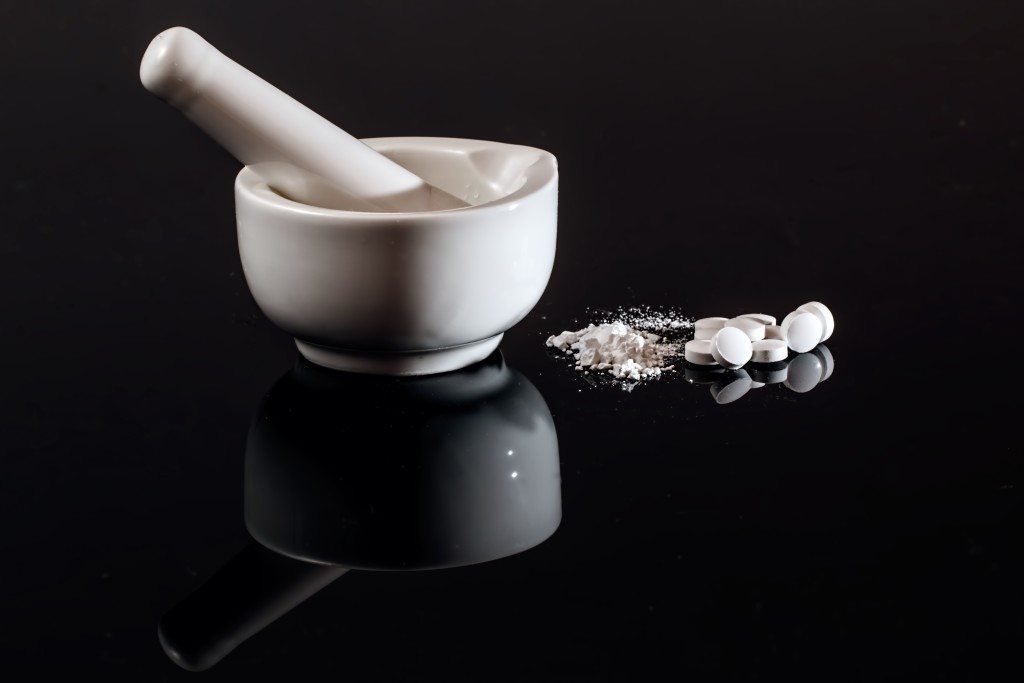 What does pharmaceutical grade mean?
What does pharmaceutical grade mean?
Pharmaceutical grade supplements are produced in a manner to obtain the purest form of the nutrient and ensure maximum absorption. Due to the addition of various other substances, no product is 100% pure. Pharmaceutical Grade products must excede 99% purity (natural sources) and contain no binders, fillers, excipients, dyes, or unknown substances. Fewer than 3% of the products on the market are pharmaceutical grade.
Why do pharmaceutical grade supplements make me feel better than other supplements?
In order to have a therapeutic effect, nutrients must be absorbed into your bloodstream. The extent to which they can be absorbed is referred to as their bio-availability. Differences in manufacturing create significant differences in bio-availability. Pharmaceutical grade nutrients are only manufactured in FDA registered facilities that follow cGMP, Certified Good Manufacturing Practices, protocol.
Fact #1: Not all products are created equal
Pharmaceutical Grade: What does it mean? There are basically three different grades of raw materials used in products. They fall into 3 categories:
• Pharmaceutical Grade – meets pharmaceutical standards
• Food Grade – meets standards set for human consumption
• Feed Grade – meets standards set for animal consumption
Fact #2: The main difference is of quality and purity
Due to the addition of various other substances, no product is 100% pure. Pharmaceutical Grade Vitamins must be in excess of 99% purity containing no binders, fillers, excipients – substances used as diluents for a drug – dyes, or unknown substances. Regular Vitamins of the other two grades are available as Over The Counter (OTC) products. Questionable fillers and binders such as; cork by products, chemical FD&C dyes, sodium benzoate, dextrose and ethycellulose to name only a few can be added in OTC products. Although these ingredients may be legal, what are the nutritional benefits and how does it affect your health?
Fact #3: Quality Control begins with the raw materials
There are numerous raw material suppliers. What makes one superior over the other begins with how the material is grown. Raw materials and quality control is the key to an excellent nutritional supplement.
Synthetic versus Natural:
Most vitamin supplements found in drug and health food stores do not contain vitamins that are truly natural, but are synthesized predominantly from petrochemicals and less frequently from plants. There is much controversy concerning the body’s reaction to synthetic vs. natural vitamin supplements. Many believe that the small differences between synthetic and natural are of no consequence. However, clinical evidence and several studies indicate that the body detects the difference and that natural forms of vitamins including A, B-complex, C, D, and E are more easily absorbed by the body and have a more profound effect on deficiencies and disease than synthetics.
Pharmaceutical Grade Means 99% Pure
Dietary supplements undoubtedly have to be pure. It must not contain binders, fillers, dyes, excipients or other unknown substances. However, without being regulated by the FDA, can you really take their word for it? How can you be sure that your supplement does not contain anything that will turn out harmful?
To remedy this pressing problem, there are guidelines which standardize the dietary supplement market. Institutions such as the USP provide a guarantee that we do not put ourselves in danger by taking supplements that should prolong life in the first place.
A supplement that follows the standard guidelines is given a pharmaceutical grade standing. This means that the product is 99% pure without additives or unnecessary substances which may cause unwanted side effects.
Therefore, you should not settle for anything less than pharmaceutical grade nutritional supplements. With this grade of vitamins, you are assured that you are getting your money’s worth.
The Additional Cost: Well Worth It

